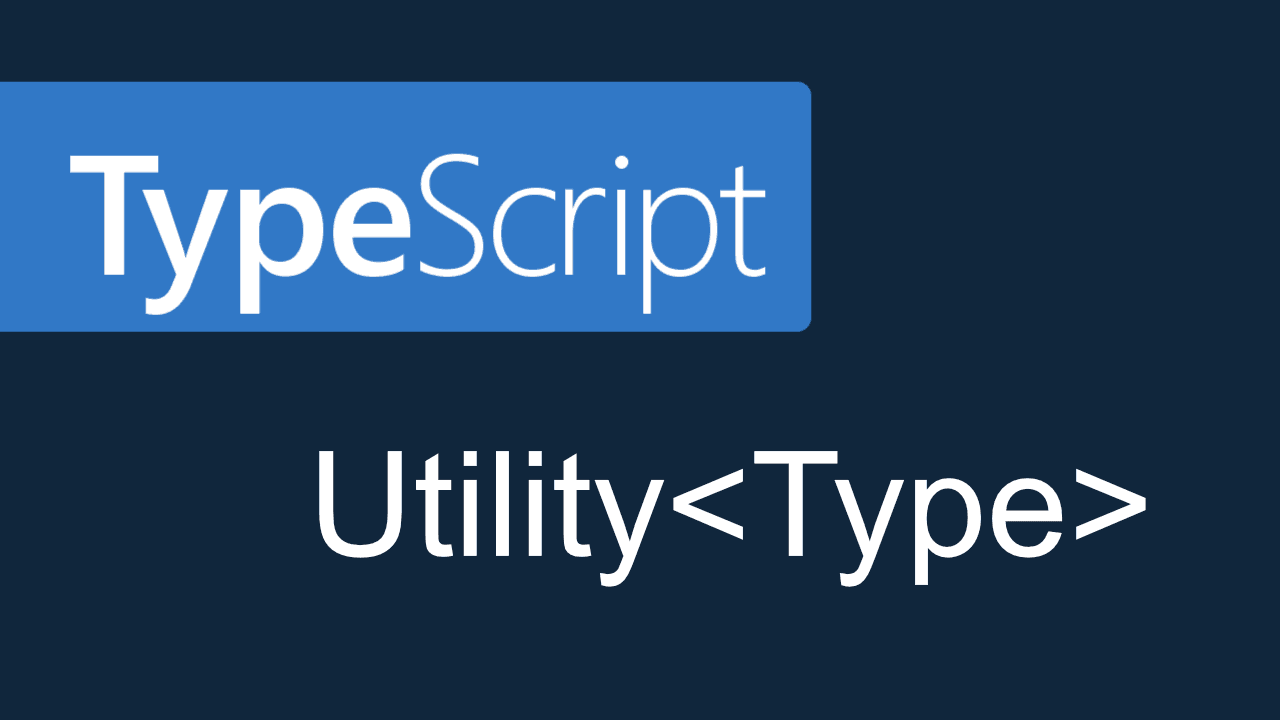Harnessing the Power of TypeScript: Top Utility Functions You Need to Know
April 14, 2023 • 3 min read
TypeScript, the popular open-source programming language, has become a crucial tool in modern web development. As a superset of JavaScript, TypeScript brings powerful static type checking and expressive types, leading to cleaner, more maintainable, and less error-prone code. One of the key strengths of TypeScript is its extensive collection of utility functions that provide exceptional flexibility and convenience to developers. In this blog post, we will explore some of the most useful TypeScript utility functions that can greatly improve your programming experience.
Partial<Type>
The Partial utility function allows you to create a new type based on an existing one, making all its properties optional. This is useful when you want to work with a subset of an object's properties or when implementing optional configuration objects.
interface User {
id: number;
name: string;
email: string;
}
type PartialUser = Partial<User>;
Readonly<Type>
The Readonly utility function creates a new type with all properties marked as readonly, ensuring that the object remains immutable. This is especially valuable when working with state management in large applications.
interface Config {
url: string;
apiKey: string;
}
type ReadonlyConfig = Readonly<Config>;
Pick<Type, Keys>
Pick allows you to create a new type by selecting specific properties from an existing one. This is particularly helpful when you want to expose only a subset of an object's properties or when working with large objects with many properties.
interface User {
id: number;
name: string;
email: string;
password: string;
}
type PublicUser = Pick<User, 'id' | 'name' | 'email'>;
Omit<Type, Keys>
The Omit utility function is the opposite of Pick, as it creates a new type by excluding specific properties from an existing one. This is valuable when you want to remove sensitive data or unused properties from an object.
interface User {
id: number;
name: string;
email: string;
password: string;
}
type UserWithoutPassword = Omit<User, 'password'>;
ReturnType<Function>
The ReturnType utility function enables you to extract the return type of a given function. This is useful when you want to type the result of a function call without explicitly defining the type.
function getUser(): Promise<User> {
// ...
}
type UserPromise = ReturnType<typeof getUser>;
Record<Keys, Type>
The Record utility function creates a new type with keys of a given type and values of another type. This is handy when you want to create a dictionary-like object with specific key-value pairs.
type UserMap = Record<number, User>;
Conclusion:
TypeScript's utility functions provide an expressive and powerful way to create and manipulate types, making your code more readable, maintainable, and less prone to errors. By mastering these utility functions, you can harness the full power of TypeScript and take your programming skills to the next level. Don't hesitate to explore the TypeScript documentation to discover even more utility functions that can help you create cleaner, more efficient code.
